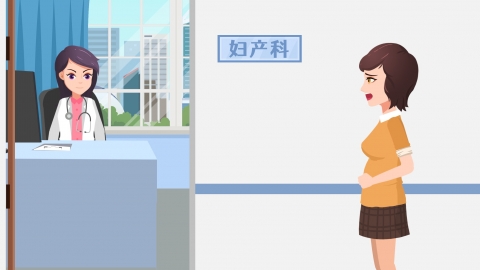What should be considered regarding diet after test tube embryo transfer?
Generally, after in vitro fertilization (IVF) embryo transfer, patients should focus on increasing protein intake, consuming more foods rich in folic acid, choosing easily digestible foods, eating high-fiber foods, and avoiding spicy or stimulating foods. These dietary recommendations help support embryo implantation and development, thereby improving the success rate of IVF. Detailed explanations are as follows:

1. Increase Protein Intake
Protein is an essential nutrient required for embryonic growth. Increasing protein intake after IVF embryo transfer supports embryo development and implantation.
2. Eat More Foods Rich in Folic Acid
Folic acid plays a crucial role in the development of the embryonic neural tube. After IVF transfer, patients should consume more foods rich in folic acid to help prevent neural tube defects in the fetus and ensure normal embryonic development.
3. Choose Easily Digestible Foods
After IVF embryo transfer, patients may experience psychological stress and poor appetite. At this time, choosing easily digestible foods can reduce the burden on the gastrointestinal tract and support embryo implantation and development.
4. Eat More High-Fiber Foods
Progestin medications used during the IVF process may slow intestinal motility and increase the risk of constipation. Therefore, patients should consume more high-fiber foods to prevent constipation, maintain gastrointestinal health, and support embryo implantation and development.
5. Avoid Stimulating Foods
After IVF embryo transfer, patients should avoid consuming stimulating foods such as chili peppers, pepper, coffee, and similar items, to prevent gastrointestinal irritation that may lead to stomach discomfort or diarrhea, which could negatively affect embryo implantation and development.
In daily life, patients should maintain a regular sleep-wake cycle, avoid staying up late and excessive fatigue, to ensure the body remains in optimal condition. Additionally, after IVF embryo transfer, patients should follow medical advice and take prescribed medications on time, without arbitrarily changing the dosage or discontinuing medication.




